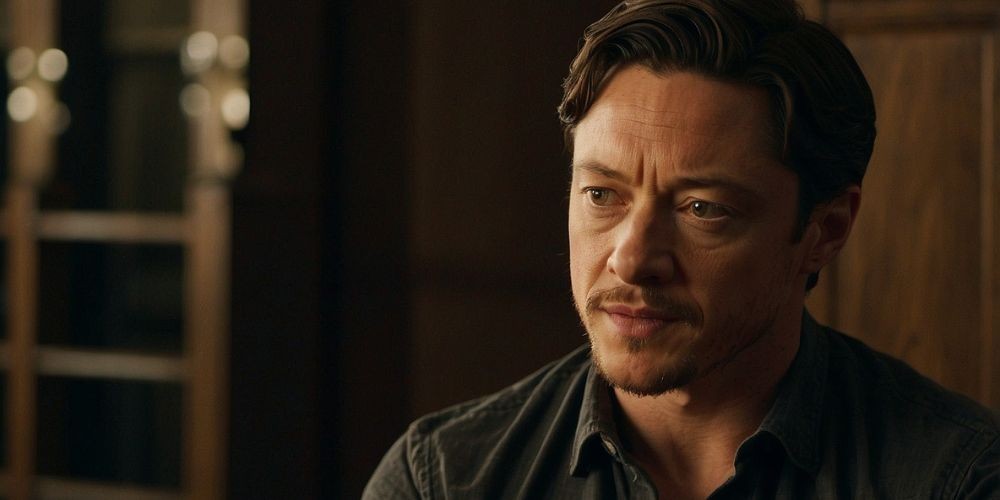Reimagining Horror: James McAvoy on the Value of Film Remakes in *Speak No Evil*
- 0
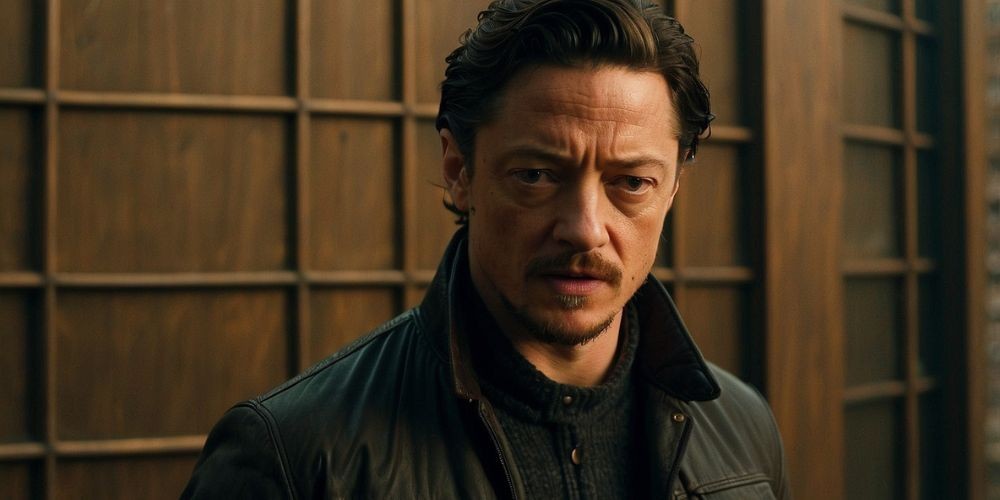
In the ever-evolving landscape of cinema, remaking films has sparked heated debates among audiences and filmmakers alike. As the release of James Watkins' latest project, *Speak No Evil*, approaches, actor James McAvoy offers an intriguing perspective on the subject of remakes. With a remarkable career that includes a diverse array of roles, McAvoy shares his thoughts on the essence of storytelling and the value of revisiting great narratives, regardless of their origins or previous adaptations.
Understanding the Remake Phenomenon
Remakes have often been met with skepticism, especially in genres notoriously known for their cult followings, such as horror. When Watkins' adaptation of *Speak No Evil* was first announced, many quickly expressed their doubts across social media platforms. Fans raised questions regarding the necessity of an American version of a film that enjoyed success in its original Danish form, particularly because much of the dialogue was already in English.
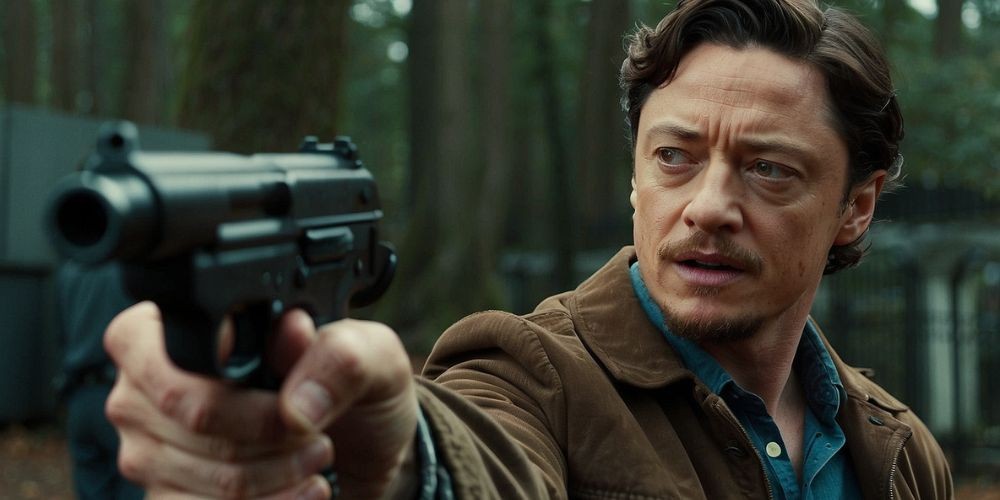
James McAvoy's Perspective
In an interview with GamesRadar+ and Inside Total Film, McAvoy voiced his thoughts on the subject. He mentioned that in his experience, he has "never seen the problem" with reimagining certain films. He articulated that when a great story is involved, its essence can resonate anew, regardless of previous versions. McAvoy pointed out the importance of introducing these stories to audiences who may not have engaged with the original film.
The Power of Classic Stories
Drawing on his own experiences from playing Macbeth, McAvoy emphasized that the value lies in the timelessness of a story. Great narratives can be presented repeatedly, as each generation brings a different context and understanding. He questioned whether a wide audience had truly engaged with the original *Speak No Evil*, suggesting that a remake might encourage viewers to explore the original piece for themselves.
A Closer Look at *Speak No Evil*'
*Speak No Evil*, crafted by director James Watkins, encompasses elements from his previous works like *Eden Lake* and *The Woman in Black*. The film introduces us to Ben (Scoot McNairy) and Louise (Mackenzie Davis), an American couple navigating their challenging relationship in London. Taking a brief holiday in Italy, they forge bonds with Patrick (James McAvoy) and his family, only to discover that their new friends may not be as benevolent as they initially seemed.
Exploring Psychological Depths
Watkins expressed that a key aspect of remaking a film is introducing a fresh perspective to the narrative. He acknowledged the quality of Tafdrup’s original version while maintaining that there is room for interpretation. The task at hand is to find a way to respect the original while introducing a narrative twist that is both captivating and meaningful.
The Challenge of Expectations
Marking a departure from typical remakes, *Speak No Evil* is designed as a standalone piece intended for those who have yet to experience Christian Tafdrup's film. McAvoy reiterated the importance of producing a movie that stands on its own merits, reshaping audience expectations. He noted that a successful narrative should lead viewers to explore previous iterations, effectively prompting a broader discussion on the themes presented.
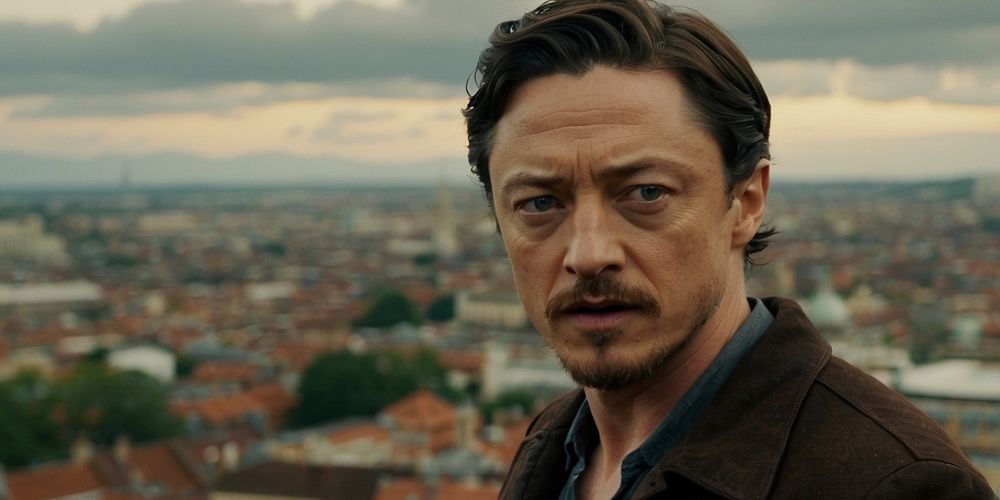
A Vivid Character Study
One of the most notable contrasts between Watkins' rendition and Tafdrup’s original is the character of Paddy. Portrayed by McAvoy, Paddy is depicted with a warm, volatile, and emotionally expressive demeanor that diverges from the more enigmatic nature of Tafdrup’s Patrick. This new approach emphasizes character depth, allowing the audience to explore Paddy and his wife's backgrounds in greater detail, evoking a range of reactions from levity to dread.
The Role of Humor in Horror
In Watkins' version of *Speak No Evil*, dark humor emerges as a recurring theme, something that sharply contrasts with the chilling atmosphere of its predecessor. This approach adds complexity to character interactions and may intrigue audiences by blending different tones within the horror genre, facilitating a multifaceted viewing experience.
Engaging a New Audience
McAvoy stressed that the filmmakers are more focused on capturing the interest of viewers unfamiliar with the original than catering to those who have seen Tafdrup's film. The ambition is to create a film that invites curiosity, ensuring that those who watch Watkins’ version consider exploring its source material afterwards. This principle serves not only to enrich the cinematic conversation but also to offer a well-rounded experience for newcomers.
Debates on Artistic Integrity
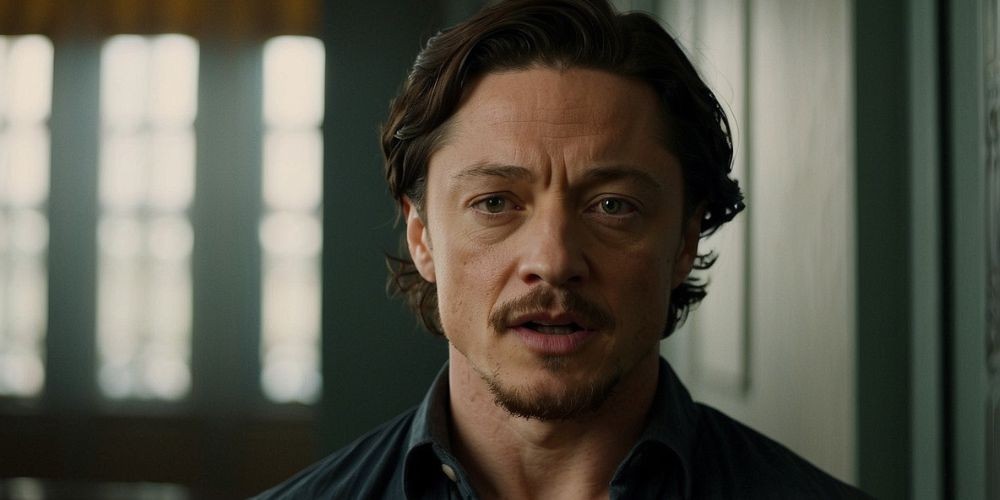
While debates on the merits of remaking films can often lead to cynicism, particularly when familiar stories are revisited, both McAvoy and Watkins advocate for the idea that remakes can generate valuable discourse. By introducing new interpretations, they breathe fresh life into narratives that may have already resonated culturally, encouraging audiences to engage in dialogue about differing perspectives.
The Balance of Critique
Listeners and audiences alike possess the right to voice their opinions on these adaptations; McAvoy acknowledges that financial investment entitles viewers to critique. However, he encourages audiences to reserve judgment until after experiencing the film. He suggests that often, initial reactions lack context, urging critics to appreciate the creative endeavor before forming conclusions.
What Lies Ahead
*Speak No Evil* is set to make its debut in the UK on September 12 and in the United States on September 13. As anticipation builds, horror enthusiasts are encouraged to explore both versions of this multifaceted tale, delving into the depths of storytelling and the experiment of cinematic reinterpretation.
Further Exploration of the Horror Genre
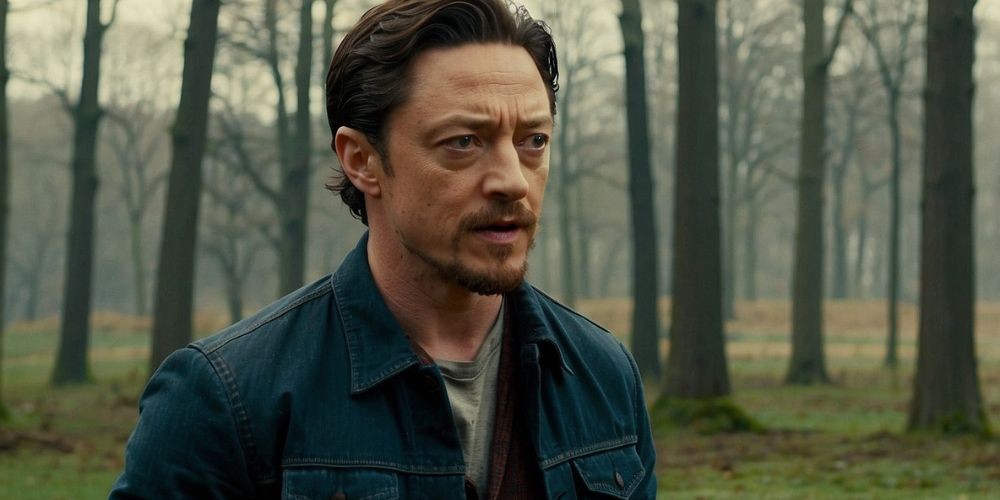
For those intrigued by *Speak No Evil*, there’s a wealth of horror cinema waiting to be discovered. Curated lists showcasing the best horror movies of all time and exciting upcoming releases provide ample opportunity for fans to dive deeper into the genre's vast spectrum. These resources can serve as a guide for viewers interested in both contemporary films and timeless classics.
Engagement and Community
As discussions around *Speak No Evil* unfold, fans are invited to engage with the film community. Keep an ear out for more insights and discussions featuring McAvoy on platforms such as Apple, Audioboom, and Spotify, where the finer nuances of filmmaking are introduced and explored, fostering a sense of connection and dialogue among movie lovers.
Final Thoughts
With McAvoy’s perspective in mind, it’s clear that remakes like *Speak No Evil* serve a purpose beyond mere repetition: they offer an opportunity to explore the same narrative through diverse lenses. This approach not only rekindles interest in the original work but also cultivates conversations about artistic interpretation. In a field saturated with stories waiting to be reimagined, that exploration signifies the enduring power of storytelling itself.
